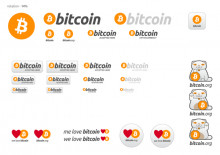California woman charged with using spyware to tap a police officer’s phone
On Friday, a Monterey County woman was charged with wiretapping a police officer and possessing "illegal interception devices,” according to the Northern California District Attorney’s office. The District Attorney said that Kristin Nyunt, age 40, allegedly intercepted communications made by a police officer on his mobile phone.












































































